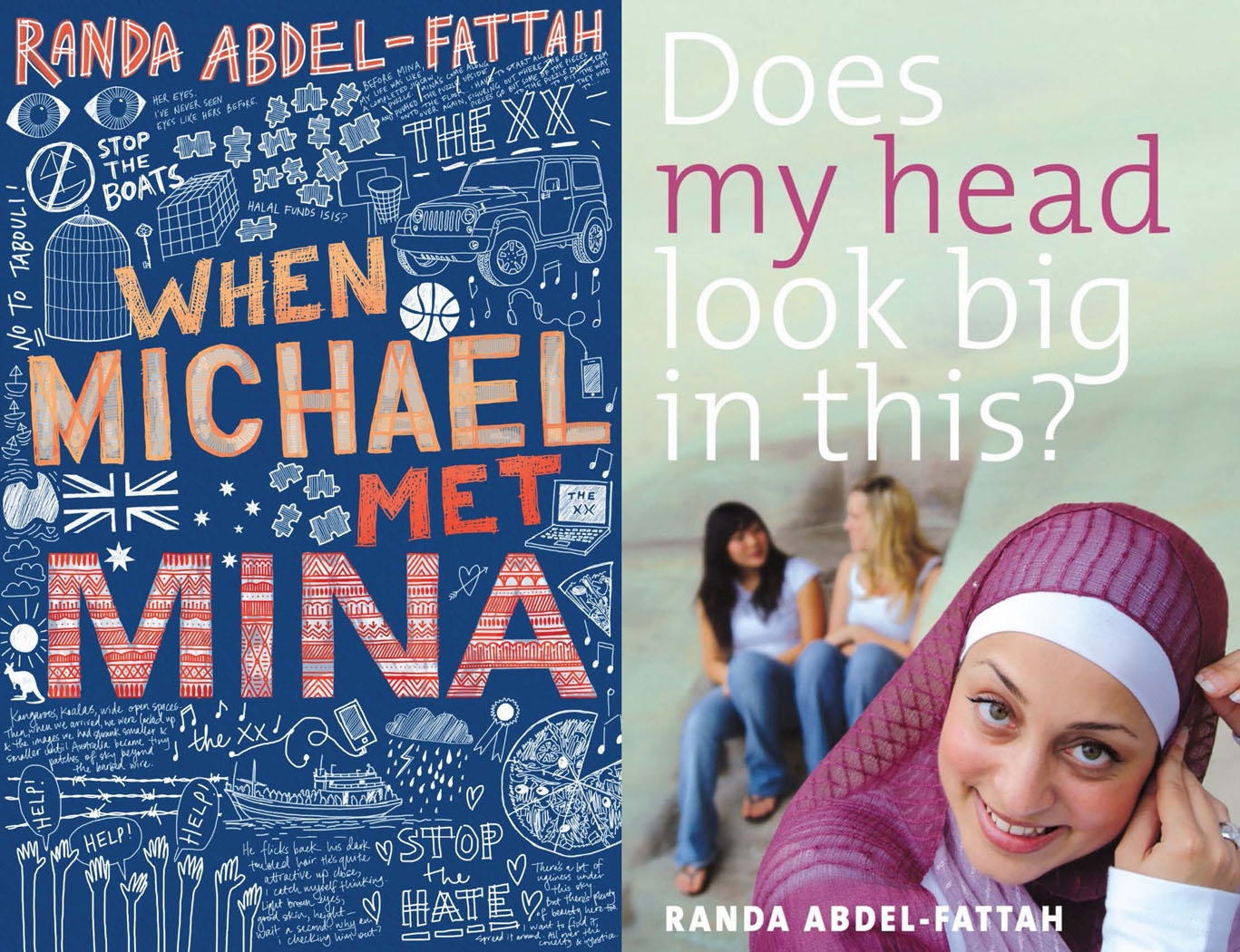The Double Bind of Writing as an Australian Muslim Woman
DOI:
https://doi.org/10.24847/44i2017.137Keywords:
Australia, immigration, Arab diaspora, literature, Australian Muslim, Muslim writers, Muslim women, literary studiesAbstract
I could have been rich years ago. Every Muslim woman writer knows this about herself. The Muslim woman as victim or escapee dominates the publishing world’s imaginings of Muslim women. Nothing titillates the literary world more than the Muslim woman “native informant” who bravely “bares all” to confess her journey from false consciousness to good liberal (preferably atheist) subject. In this article I share my experiences as a writer attempting to subvert this paradigm in the young adult and children’s literature world. The choices I have made and face reinforce the tensions and challenges of “writing Muslim.” Can writing be self-determined? Can narcissism be accommodated, or are the stakes too high? Can it be forgiven? How does one avoid double consciousness in a climate of Islamophobia? How does one negotiate the endless vacillation between “the universal” and “the particular”?

Published
Issue
Section
License
Copyright (c) 2017 Randa Abdel-Fattah

This work is licensed under a Creative Commons Attribution-NonCommercial-NoDerivatives 4.0 International License.
Authors who publish with this journal agree to the following terms:
- Authors retain copyright and grant the journal right of first publication with the work simultaneously licensed under a Creative Commons Attribution-NonCommercial-NoDerivatives 4.0 International License, which allows others to share the work with an acknowledgement of the work's authorship and initial publication in this journal.
- Authors are able to enter into separate, additional contractual arrangements for the non-exclusive distribution of the journal's published version of the work (e.g., post it to an institutional repository or publish it in a book), with an acknowledgement of its initial publication in this journal.
- Authors are permitted and encouraged to post their work online (e.g., in institutional repositories or on their website) prior to and during the submission process, as it can lead to productive exchanges, as well as earlier and greater citation of published work (See The Effect of Open Access).
The content of this journal is licensed under a Creative Commons Attribution-NonCommercial-NoDerivatives 4.0 International License.

